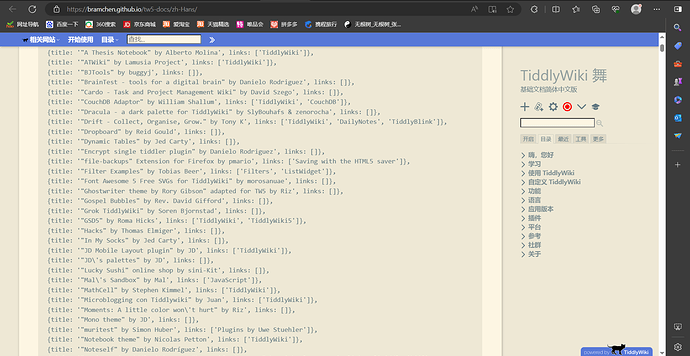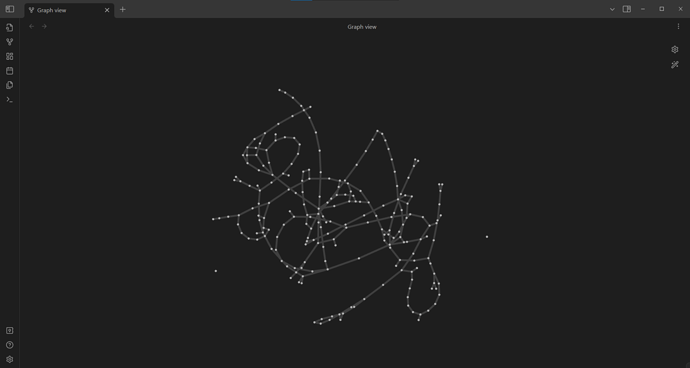I created a tiddler that uses the current wiki to generate JS code you can paste into a JS environment (Node.js, the browser console, some online REPL [such as the one I use], or wherever.)
Download this link: Build List.json (1.3 KB), import it into your wiki, copy the JS code it renders, and run it in some JS environment. Note that almost certainly the number of tiddlers on tiddlywiki.com, especially with the number of links per tiddler, will almost certainly be too large to run in any reasonable amount of time.
For example, I chose, mostly randomly, the wiki https://maths.tiddlyhost.com/, which has 148 regular tiddlers with around 0.37 links each. I dragged that tiddler onto the wiki, imported it, copied the resulting code onto a REPL, and in the output received 464 paths:
"Bit-square theorem → Nonstandard Analysis";
"Bit-square theorem → Nonstandard Analysis → First fundamental theorem";
"Bit-square theorem → Nonstandard Analysis → Fundamental theorem of set theory";
"Bit-square theorem → Nonstandard Analysis → Linear Programming";
"Bit-square theorem → Nonstandard Analysis → Linear Programming → Set Theory";
"Bit-square theorem → Nonstandard Analysis → Linear Programming → Topology";
"Bit-square theorem → Nonstandard Analysis → Linear Programming → Topology → Set Theory";
...
"Theoretical Informatics → Set Theory → Nonstandard Analysis → Topology";
"Topology → Set Theory";
"Topology → Set Theory → Nonstandard Analysis";
"Topology → Set Theory → Nonstandard Analysis → First fundamental theorem";
"Topology → Set Theory → Nonstandard Analysis → Fundamental theorem of set theory";
"Topology → Set Theory → Nonstandard Analysis → Linear Programming";
"Topology → Set Theory → Nonstandard Analysis → Number Theory";
"Topology → Set Theory → Nonstandard Analysis → Second fundamental theorem";
(Note that I added spaces around the arrows, because it looks better to me. You can remove them in the last line of that tiddler’s source code.)
If this looks useful, we can investigate how to turn it into a widget/macro/procedure you can use to show these directly on your wiki.

